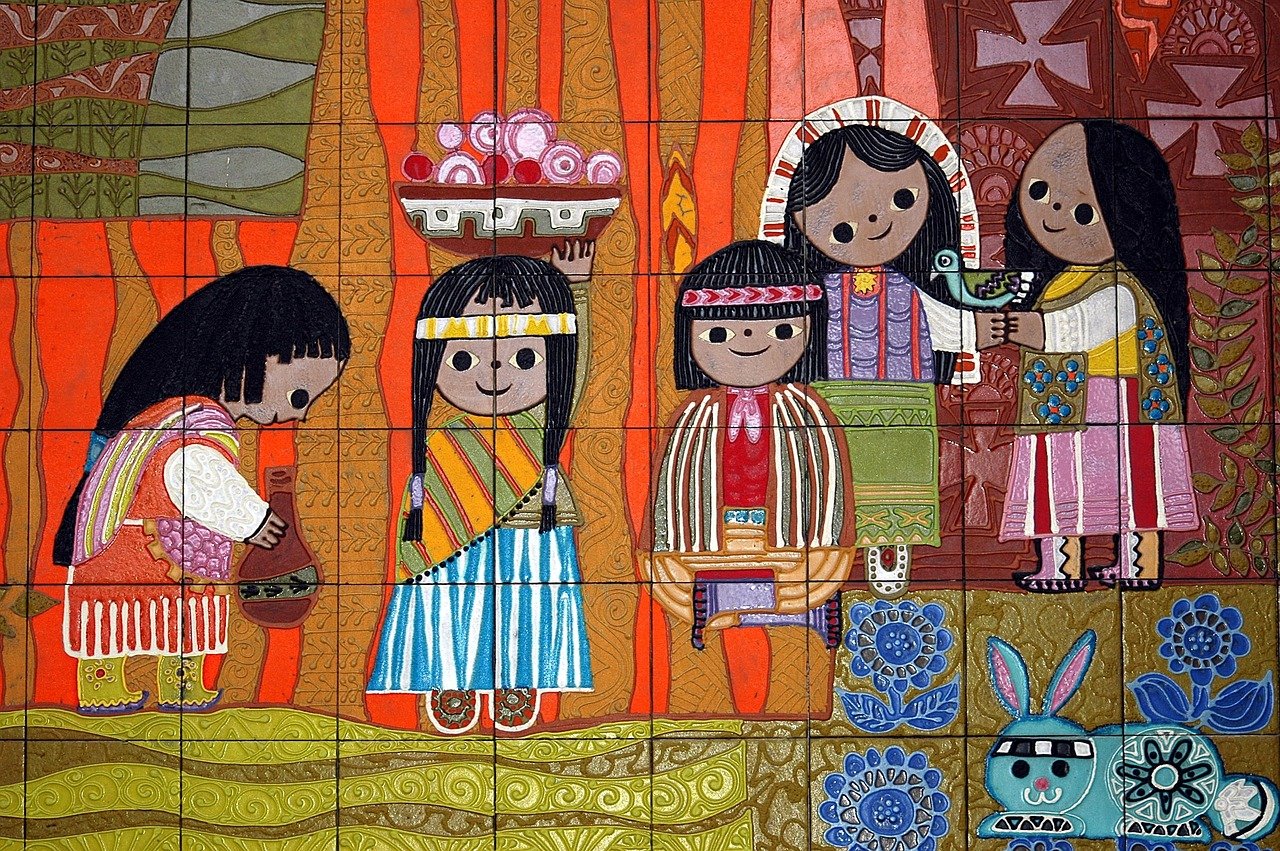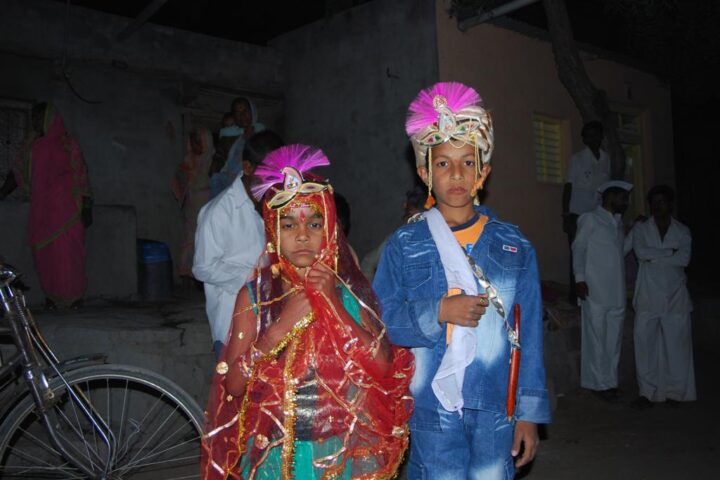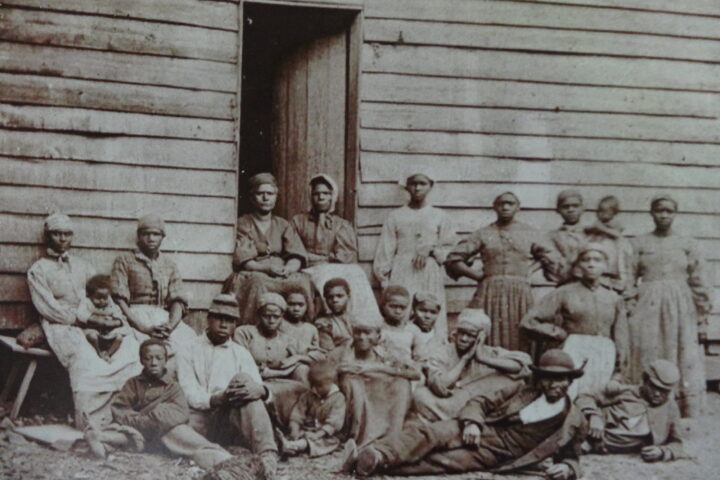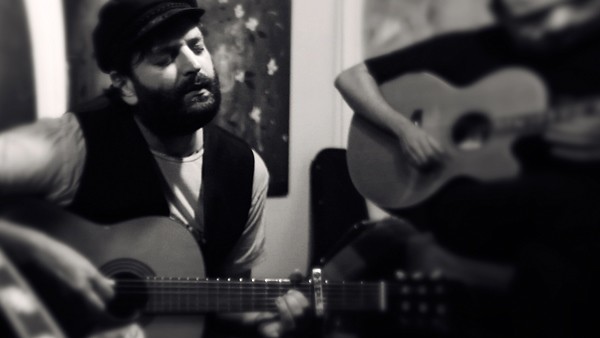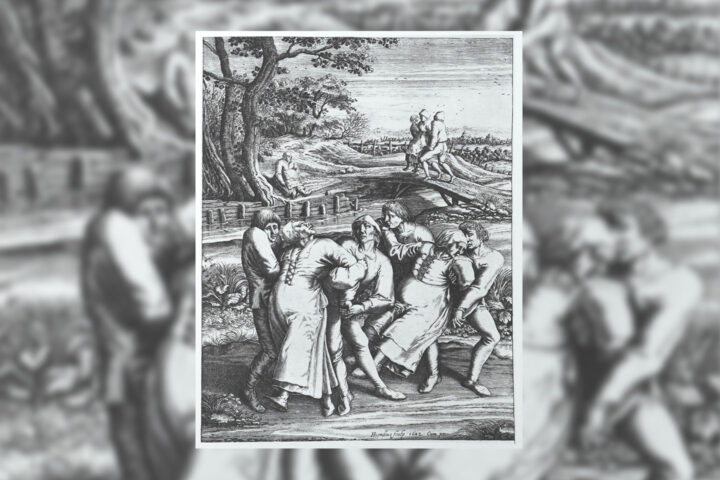Source: Pixabay-forgotten-cultural-practices-harm-modern-communities
While living a life full of comfort and ease, a lot of us forget that there is still a significant portion of the population suffering because of some social, financial, cultural or biological issue. Not everyone is privileged and have access to a normal and happy life. When we talk about problems, we need to connect it to its cultural background and see how it plays out.
This is important because the cultural significance and impact on any event in history and in the present shouldn’t be taken lightly; culture has shaped more than enough detrimental customs. When backed by strong beliefs, any tradition/custom can become near invincible- these don’t perish as long as even one person believes in them.
Dhadeecha Pratha
To understand the gravity of this impact a bit better, we can start by talking about the ‘Dhadeecha Pratha’ from Madhya Pradesh, a state in India. Bride markets, kidnapping, and selling are all historically frequent acts of slavery, trafficking, and torture. Almost every human civilization is guilty of being involved in one of these acts and human trafficking persists as a problem even today.
But this ‘Dhadeecha Pratha’ is a bit different- firstly, it hasn’t stopped yet, and secondly, brides aren’t sold but rented in this case. In the village of Shivpuri in Madhya Pradesh, a market is organized where it is customary for all families to bring the daughters and wives in their household to put them up for renting. Many men then participate to rent these women for themselves.
Despite the country’s all-round progress, instances like this make it lag behind and highlight the mistreatment of women. What’s astonishing here is that married men let other rents their wives voluntarily. As do the guardians of daughters. Two main reasons have been cited for this- female infanticide and economic support. Many states have suffered because of female infanticide which has resulted in an imbalance in the sex ratio there. Due to their inability to find brides on their own, men have resorted to this system to get married. Guardians sell their daughters, sisters, and wives because of the financial support they get, though most of the money from the deal goes to the broker who helped them secure the deal.
Girls as young as 6 years in age are rented and have to go through harsh ordeals even before hitting puberty. They are most often drugged by their own families and are unaware of what is happening to them. The name selected for such brides is “Paro” or “Molki” which means “the one who has a price”.
Trokosi system
Just like the ‘Paro’ and ‘Molki’ women in India, thousands of women from West Africa have been subjected to similar derogatory practices and customs. They have been adhering to a 100-year-old practice called ‘Trokosi’ in which girls are forced by the communities there to live and work in religious shrines. They work for priests for their remaining life and are told to do so in order to rectify for the sins of their family members. They have to pay for crimes they didn’t even commit.
This tradition is technically the same as the animal sacrifice system- young girls replace the animals and are the ones who get enslaved instead- and the girls are called ‘Trokosi’ which means “slaves of the gods.” Reportedly, some 4,000 girls have been bound to religious shrines in the name of serving the gods in the countries of Ghana, Nigeria,
What needs to be noted here is that these shrines are found in extreme and remote regions which are amongst the poorest and backward regions in these countries. The tradition also requires that these girls start out at the age of 10 and they are virgins. Once they reach the shrine, only the priest there gets to decide if they have atoned for the sin and can be freed. If the first Trokosi dies while serving, the family needs to send a second one. It is compulsory that they do; a refusal “will lead to a recurrence of calamities in the family of the wrongdoer.” If the Trokosi runs away, no one accepts them back. They are branded as outcasts.
Bacha Bazi
Cruelty has no gender- men can suffer just as much as women if some dominant group wills it.
In Afghanistan and certain parts of Pakistan, the practice of ‘Bacha Bazi’ is rampant. When literally translated, this phrase means “playing with kids” and rightfully explains what happens in this case. Women in these two countries are not allowed to dance publicly and can’t provide entertainment for the wealthy and powerful. To tackle this ‘issue’, prepubescent boys are dressed in women’s clothing. They have to wear a scarf on their face, tie bells to their feet, and dance. Once this program ends, the guests get the chance to place their best bids and buy these boys. Mostly aged between 14 to 18 years of age, the most effeminate boys are preferred and get food and money in return for their services.
The Taliban banned this practice in the 1990s and the verdict dictated that acts of dancing, music, and sodomy are all going to be punished with the death penalty.
Vani/Swara
A practice similar to the ‘Trokosi’ system is observed in Pakistan. In the Vani/Swara system, brides are handed over to resolve blood feuds and enmities between families. This started way back in history some 200 years ago when two Pathan tribes were engaged in an enmity so bitter that 800 people died in the midst of their feud. The Ruler of their kingdom was troubled and called upon a meeting of the elders and nobles from the court (Jirga) who advised that this can only be resolve by giving a bride as compensation for the loss. Foes became family and this tradition passed over to the future generations.
So, whenever any families were found feuding with each other, the Jigra dictated that the guilty offer their daughter as bride to the other party. There was no age limit to this practice however- an infant could be wed to a seventy-year-old.
Criticism
All of these heartless and unjust practices have been criticized enough in modern times. Governments have worked hard to ban and finish all sorts of such acts, but in vain. Some cases have been detected recently even after trying to stop these from happening.
The government of India has made laws against human and bride trafficking in the past which hold the offenders responsible and punish them severely for their involvement. Even then, the practicing of the ‘Dhadeechi Pratha’ was carried out so discretely that it has only into light recently after some non-governmental organizations got wind of this happening and worked against it.
In West Africa, while some people and a few priests have started becoming more aware of the harm they are inflicting on the children, majority of the total population turns a deaf ear when calls are made to abolish this system. Many others straight out reject to help out in any regard, and threaten by quoting god’s will.
The Pakistani Government had banned the Vani system after the formation of the 1973 constitution but cases were found recently in the 2010s which proved that people haven’t let go of this practice just yet.
This all points to the fact that customs and traditions are hard to let go. Sometimes they are afraid to let go of old practices because they fear God and religious leaders who might punish them. Other times, it happens because it is convenient for the dominant group that benefits from such customs. But whatever the reason might be, these traditions persist and have to be fought against continuously.
Resources
- Ramya. (2024, May 3). Dhadicha Pratha – Wife for Rent in Madhya Pradesh. Ground Report; Ground Report. https://groundreport.in/society/dhadicha-pratha-wife-for-rent-in-madhya-pradesh-4533886#google_vignette
- Renting A Wife: Dhadicha Pratha In India. (2017). Legalserviceindia.com. https://www.legalserviceindia.com/legal/article-12944-renting-a-wife-dhadicha-pratha-in-india.html
- News, B. (2018, June 19). My Stolen Childhood: understanding West Africa’s trokosi system. Bbc.com; BBC News. https://www.bbc.com/news/world-africa-44209991
- Kapur, R. (2014, August 23). Bacha Bazi: The Tragedy of Afghanistan’s Dancing Boys. Thediplomat.com; The Diplomat. https://thediplomat.com/2014/08/bacha-bazi-the-tragedy-of-afghanistans-dancing-boys/
- By Sodaba Haidare. (2020, August 11). “Bacha bazi” outrage after pandemic takes play to the small screen. Bbc.com; BBC News. https://www.bbc.com/news/world-asia-53396586
- Munir, A., Ghulam, A., & Khan. (n.d.). A Social Custom “Vani”: Introduction and Critical Analysis Introduction. Retrieved August 9, 2024, from https://pu.edu.pk/images/journal/alqalam/PDF/4-%20Vani%20Paper%2007-9-12%20_v28_issue40-2013.pdf
- TROKOSI -THE PRACTICE OF SEXUAL. (n.d.). https://mckinneylaw.iu.edu/practice/law-reviews/iiclr/pdf/vol9p457.pdf

